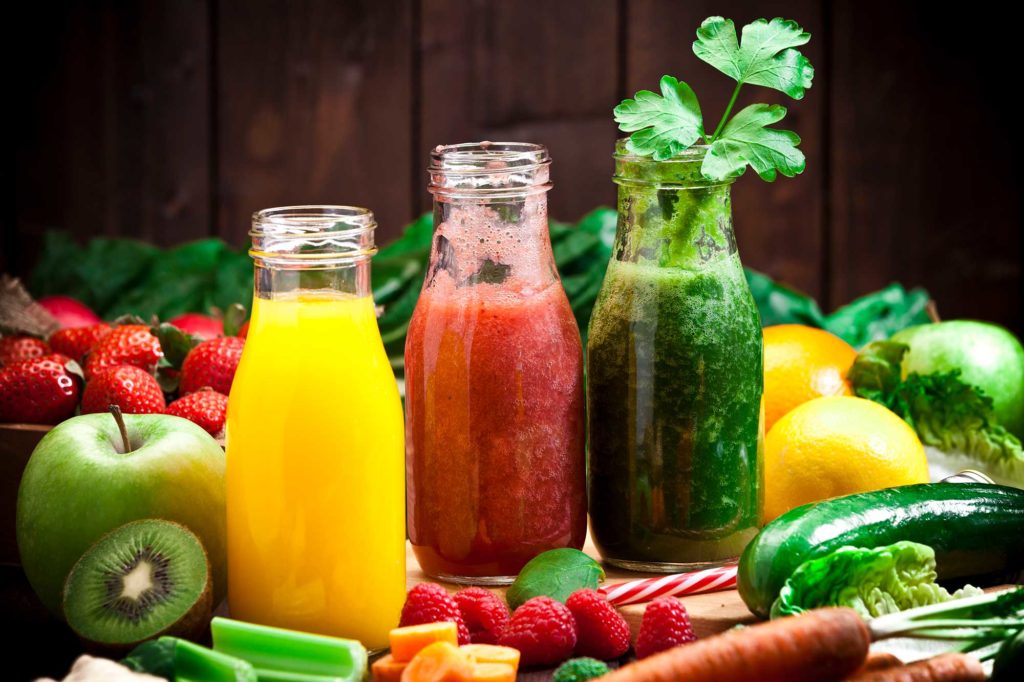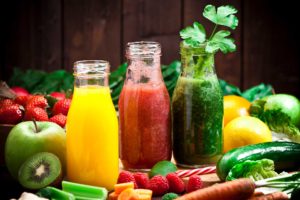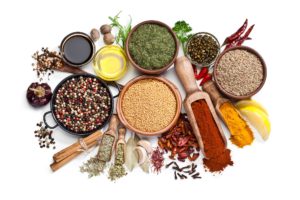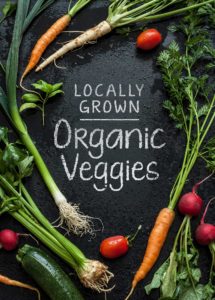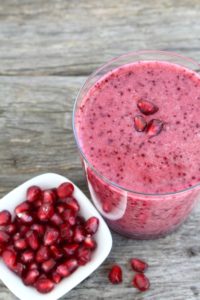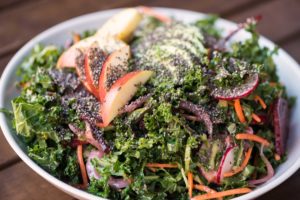Are you are concerned about the effect of environmental toxins on your health? Are you looking for the best way to detoxify? We all encounter a countless numbers of toxins every day and studies show that everyone has environmental toxins-from pesticides to food additives solvents and by-products from plastics-stored in their liver and fat cells.
Toxic Exposure and Overload: We are exposed to toxins on a daily basis from sources such as:
- Environmental chemicals
- Pesticide residues in foods
- Food toxins (artificial colorings, additives, preservatives, MSG, etc.)
- Toxins from bacteria and yeast
- Those produced as normal by-products of metabolism
- Food allergens contribute to intestinal permeability which lead to absorption of toxins
What is Detoxification?
Our bodies perform detoxification on a daily basis as a way to remove harmful chemicals and byproducts of metabolism. The liver is the primary organ of detoxification, removing toxins from the blood and converting them to less toxic substances to be excreted. When our detoxification processes fail to keep up with the body’s toxic burden, health problems can arise.
Toxin Burden Overload
Our bodies are able to neutralize and remove a certain level of toxins, however when we ingest, produce or are exposed to more toxins then out body can eliminate, toxicity can occur. If the diet does not provide enough of the nutrients the liver needs to detoxify and excrete toxins as nontoxic byproducts, then our normal channels of detoxification can become overwhelmed.
Common symptoms of Toxic Overload Include:
- Headaches
- Fatigue
- Allergies and Asthma
- Arthritis and joint pain
- Overweight
- Digestive disorders
- Skin Problems
- Muscle aches
Chemical toxins have been implicated in most chronic degenerative diseases including cancer.
How the Body Detoxifies
The body has several channels of detoxification (more appropriately referred to as biotransformation and elimination); the liver is the primary organ of detoxification. The GI tract is the primary avenue of elimination. The liver secretes bile into the GI tract which binds toxins that are excreted through the bowels. Other avenues of elimination are through the skin through sweating and through the lungs.
Phases of Liver Detoxification
Phase I Liver Detoxification:
Phase I serves to biotransform substances through oxidation, reduction or hydrolysis, using the cytochrome P450 enzymes. This process increases the solubility of molecules and prepares them for Phase II reactions which will further increase their solubility. Intermediary toxins produced through the pathway are often more toxic than the original toxins and need to be processed through the liver’s phase II pathways.
Phase II Liver Detoxification: Converts fat soluble toxins (some of which were metabolized though phase I) to water-soluble forms for excretion. Major Phase II pathways include glutathione, sulfate, glycine and glucuronide conjugations.
Phase III (transport): The water-soluble toxins produced in phase II and cellular wastes are pushed out of the cell and into the bloodstream, where they are excreted through the gastrointestinal tract or eliminated through the kidneys or the lungs.
Normal detoxification requires that all of these pathways are working. Because the Phase I enzymes create compounds that are potentially more harmful than the original toxin, it’s essential that the Phase II and the Phase III pathways are is functioning optimally and that the nutrient co-factors required for these processes are present. If all three detoxification pathways are not balanced, toxins can accumulate in the system, resulting in damage to the structure and function of cells, resulting in symptoms of toxic overload or oxidative stress. Imbalances in these pathways may be due to genetics, toxic overload or deficiencies in nutrients and cofactors required for specific pathways.
Factors Contributing to Toxic Overload
- Genetic factors
- Significant toxic exposures
- Inadequate nutrition: The diet may be lacking in the nutrients, antioxidants and other co-factors required for detoxification.
- Chemical Interference with Tissue Function and Detoxification (environmental chemicals, smoking, allergies and food sensitivities, drugs, unhealthy microbiome)
Support for Detoxification
Foundational whole-foods diet: A nutrient dense diet based on whole foods is the foundation for healthy detoxification. Foundation is a diet which is based on whole foods that are nutrient-dense. The diet emphasizes vegetables, fruits, whole grains and foods that enhance the body’s detoxification processes. This type of diet is also recommended for the prevention of most chronic diseases including cancer
Eat Organic foods: as much as possible to diminish exposure to pesticides, additives, MSG and other harmful chemicals.
Drink plenty of water to help you kidneys filter toxins
Include Cruciferous vegetables such as broccoli,/broccoli sprouts, cabbage, kale, collard greens, cauliflower, Brussels sprouts and other members of this vegetable family to provide sulfur containing compounds which enhance Phase II detoxification. These compounds also stabilize cell membranes, prevent cellular damage, repair damaged cells and have anti-cancer actions.
Avoid over processed and toxic foods: Toxic foods, including refined oils, hydrogenated fats, refined and processed foods are the primary dietary stressors that interfere with with organs of detoxification. Sugar, caffeine and alcohol also tax the body’s detoxification pathways and should be strictly limited.
Improve the body’s ability to excrete toxins: Include high fiber foods, especially those high in soluble fiber such as legumes, ground flax or chia seeds, whole grains, fruits and vegetables
Build your microbiome with prebiotics from vegetables, fruits, whole grains. Include probiotic food sources such as miso, natural sauerkraut, yogurt and kefir.
Nutritional supplements may be needed to provide adequate nutrients, antioxidants, other detoxification co-factors and to bind toxins


